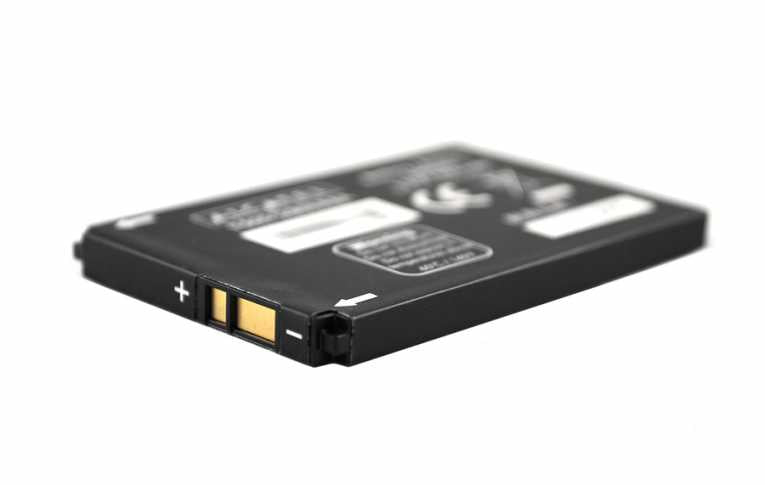That is where seaweed is stepping up to the mark, to help move lithium onto the next phase of battery technology. Research out today, in Science, suggests that using a seaweed extract as a binder in lithium-ion batteries will not only cut-out those toxic compounds - it could cut costs and massively boost battery performance, too. And with seaweeds one of the fastest-growing plants on the planet, producing the alginate compound needed for this new approach would be a cinch.
Salty seaweeds seen as natural candidates
The idea for turning to seaweed for a solution to these issues came about because the research team - a joint effort between scientists at Clemson University and the Georgia Institute of Technology - saw many similarities between seaweeds' salty environment, and that of a discharging battery.Igor Luzinov at Clemson University, explained : "Since electrodes in batteries are immersed in a liquid electrolyte, we felt that aquatic plants - in particular, plants growing in such an aggressive environment as saltwater - would be excellent candidates for natural binders."
Binders are an important part of making sure electrodes keep their charge after repeated charging, prolonging their useful life. Thus far, the binders that are used with lithium batteries are a type of plastic, known as polyvinylidene fluoride - which is made using toxic solvents.
It helps to keep the particles of the positive electrode, which is made of graphite, held firmly together during charging and discharging.
But graphite-based batteries have a limited capacity, and engineers have long sought to replace them with silicon-based electrodes. These have ten times the charging capacity of graphite-based ones.
Flexible binding lengthens battery-life
But whilst silicon-based electrodes may enable more powerful batteries, they are also more tricky to make long-lasting and robust. The silicon nanoparticles change size during charge and discharge, which can cause the electrode to start cracking. Ultimately these cracks can cause the battery to fail. But alginate - which comes from the brown algae that lives within seaweed - can help prevent this, by coating the silicon particles in a protective sheath. This stops the swelling and shrinking of the silicon particles from causing cracks to form.
So with help from an ingredient from seaweed, the key to more powerful, longer-lasting lithium batteries, using silicon electrodes, may have been found. That could give green a big boost. "Making less-expensive batteries that can store more energy and last longer with the help of alginate could provide a large and long-lasting impact on the community," said Gleb Yushin, from the Georgia Institute of Technology. "These batteries could contribute to building a more energy-efficient economy with extended-range electric cars, as well as cell phones and notebook computers that run longer on battery power - all with environmentally friendly manufacturing technologies."
Top Image Credit: Lithium-ion battery © hadrian










